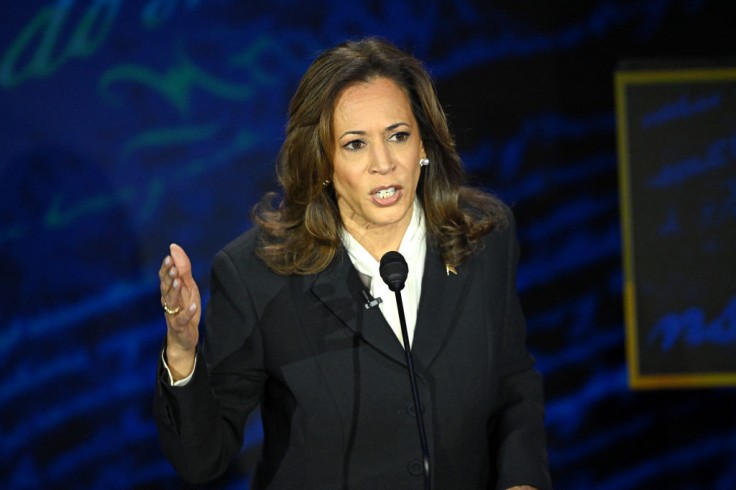
The child tax credit has taken center stage in the upcoming U.S. elections, with Democratic presidential candidate Kamala Harris introducing a bold proposal to provide $6,000 to families with newborns. The initiative, unveiled during a recent presidential debate, focuses on offering greater financial support to parents during the first year of a child's life. Harris emphasized that this plan aims to reduce the financial burden on families at a critical time in their child's development.
In her debate remarks, Harris outlined her vision to expand the child tax credit, increasing the current limit of $2,000 per child under 17 to $6,000 for parents with children under one-year-old. This proposal seeks to ease financial pressures, helping families afford essentials like diapers, food, and medical care during the baby's first year.
An Expanded Child Tax Credit: Harris' Vision
The concept of expanding the child tax credit is not entirely new. It gained traction among Democrats following the implementation of the American Rescue Plan in 2021, which temporarily increased the tax credit to $3,600 for children under six and $3,000 for those aged six to 17. This expansion significantly reduced child poverty during its implementation, a success Harris hopes to replicate.
The existing child tax credit offers families up to $2,000 per dependent child, with $1,600 refundable. Harris's plan would increase this figure to $6,000 during a baby's first year, providing crucial financial support for new parents. The plan would also eliminate income and work requirements, ensuring that all eligible families could receive the full credit, regardless of their financial circumstances.
Harris underscored that the first year of a child's life is often the most expensive for parents. Families face a significant financial burden from medical costs to baby supplies, especially if one parent takes time off work to care for the newborn. By increasing the child tax credit to $6,000, Harris aims to alleviate some of these pressures, allowing families to focus on their children's well-being without the added worry of financial strain.
Furthermore, the expansion of the child tax credit has the potential to reduce child poverty rates, as demonstrated by the 2021 temporary increase. If implemented, Harris' proposal could significantly impact the lives of millions of children by fostering more financially stable environments.
Comparisons with Republican Proposals
While Democrats have been leading the conversation on child tax credit expansions, some Republicans have also voiced interest. Donald Trump has hinted at considering a "significant expansion," though specifics remain unclear. Trump's running mate, Senator J.D. Vance, has suggested a credit as high as $5,000 per child but emphasized that such a plan would require negotiations with Congress.
One of the major questions surrounding Harris' proposal is how it would be funded. Harris has proposed raising taxes on large corporations and high-income individuals to finance her economic plan, which includes the expanded child tax credit. However, the details of these tax increases remain unclear, leaving some uncertainty about the plan's long-term sustainability.
Despite these challenges, Harris continues to advocate for her proposal, emphasizing its potential to lift millions of families out of poverty and improve the well-being of America's youngest citizens.